T-Mobile hopes to close on its merger with Sprint as soon as April 1st, securing more 5G spectrum
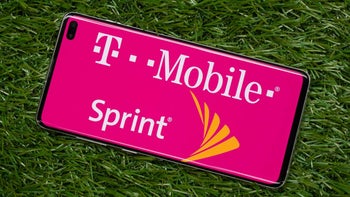
T-Mobile and Sprint announced an amendment to their definitive merger agreement this afternoon, and while this doesn't affect the average Sprint stockholder, it does affect Sprint parent SoftBank. Sprint stockholders will receive .10256 of a T-Mobile share that works out to a current valuation of $10.20 for each share of Sprint they own. SoftBank, the Japanese company that owns 84% of Sprint, will receive .0909 shares of T-Mobile for every share of Sprint the company owns. Originally, the company was to get the same .10256 share of T-Mobile that regular Sprint stockholders will receive for each Sprint share owned. More importantly, T-Mobile and Sprint announced that they hope to close the merger as soon as April 1st. That would be nearly two years after the deal was announced on April 29th, 2018.
Once the deal closes, a second transaction involving Dish Network will come into play. The satellite television provider will pay Sprint $5 billion for its prepaid businesses including 9.3 million customers, 7,500 retail stores, 14MHz of 800MHz spectrum, 400 employees and more. Dish will sign a seven-year MVNO agreement with T-Mobile that will allow it to sell wireless service under its name while it builds out a standalone 5G network. Eventually, it is hoped that Dish will replace Sprint as the nation's fourth-largest carrier.
T-Mobile will obtain Sprint's hoard of 2.5GHz mid-band spectrum it was longing for
T-Mobile will now obtain the rare mid-band spectrum that it has been longing for. The 2.5GHz airwaves owned by Sprint will help T-Mobile use low, mid, and high-band airwaves to provide a solid foundation for its nationwide 5G network. In addition, with Sprint's mid-band spectrum under T-Mobile's control, the latter will be able to launch its Connecting Heroes Initiative. With this program, T-Mobile will offer first responders free unlimited talk, text, and data with the highest priority on its network. This will free up $7.7 billion over 10 years that police, fire, EMS and other such agencies can spend on pay raises, more cutting edge equipment and more first responders. The acquisition of the mid-band airwaves will also allow T-Mobile to start its Project 10Million which will bring internet service to 10 million rural and low-income households for free over a five-year period.

Originally announced on April 29th, 2018, the T-Mobile-Sprint merger could close on April 1st
Company CEO John Legere said, "Today’s announcement is another significant step forward toward finally closing this transaction! Throughout this journey, T-Mobile and Sprint have been singularly focused on one thing: building a supercharged Un-carrier that will offer U.S. consumers a broad and deep nationwide 5G network, more choice and greater competition. We are now on the threshold of achieving our goal. And did I mention how fun it’s going to be sticking it to Dumb, Dumber and Big Cable along the way? This is going to be epic!"
Sprint executive chairman Marcelo Claure also released a statement. The former Sprint CEO said, "Completing this step is yet another critical milestone in securing Sprint’s future, and it brings us one step closer to closing this historic transaction that has been years in the making. I’m incredibly thankful for the perseverance and resilience of everyone that has gotten us to this point."
Mike Sievert, T-Mobile's current COO and president, and the man who will take over the CEO job from John Legere this coming May, already has commented on the faster data speeds that T-Mobile's 5G network will be able to achieve following the merger. Back in November, Sievert said that Sprint's mid-band spectrum creates "ridiculous amounts of network capacity" for T-Mobile. Noting that "this is something we could never do if the merger doesn't happen," Sievert stated that the larger capacity will help create "crazy-fast" download data speeds of 450Mbps by 2024, which he compared to the 25Mbps-40Mbps download speeds that 4G LTE currently delivers.
As for Thursday's announcement, Sievert said, "With today’s agreement in place, we are now turning our attention toward our goal of closing this transaction and creating the New T-Mobile as early as April 1, 2020. We are on the verge of being able to do what we’ve set out to do from day one-reshape a broken wireless industry and create the new standard for consumers when it comes to value, speed, quality, and service. The New T-Mobile is literally going to change wireless for good and now we’re almost ready to get to the fun part: bringing our teams together, building this supercharged Un-carrier and becoming the envy of the wireless industry and beyond!"





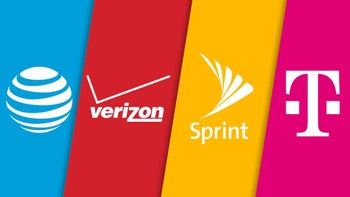
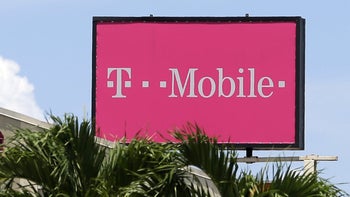

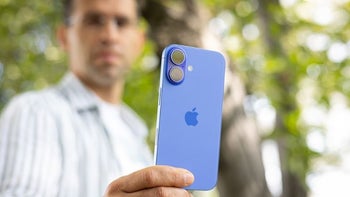
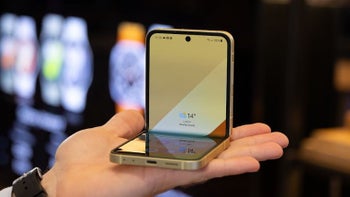
Things that are NOT allowed: